According to Leonard Bernstein, jazz is the contemporary and vivid art which has a full past and a promising future. Although many years have passed he said all this in one of his presentations on the history of music, and we are even in another century, the genre is still popular among the newest generations of musicians. Krisztián Oláh, a shaping personality of the Hungarian jazz scene, his quartet, and the Budapest String Orchestra show this at a concert topped up with a world premiere at the CAFe Budapest Festival on the 25th October.
What made you to be a jazz musician at a young age already?
I was born into a musical environment where I almost only heard classical music and jazz, thanks to my parents. There was music at home all the time, and I showed interest for my instrument very early. Actually, my determination for music started then, and became stronger when I started my studies in classical piano at the Bartók Conservatory. Then I knew that I wanted to be a musician. After starting the conservatory, jazz music arrived in my life like an exploding bomb.

Back then, Leonard Berstein had to argue for jazz being on the same level of quality as other genres. Do you think this differentiation is still present, or have times changed already?
I think it is over in the sense that great artists like Bernstein himself succeeded to give a good reputation to jazz, and now one can hear jazz alongside classical music in the most prestigious concert halls in the world. But I also believe that in public discourse, there is still no unified picture of jazz in people’s mind. Maybe because it is a diverse genre that absorbs a lot of different styles. One cannot even speak in 2020 about jazz styles, more like about individual artists who are active in this genre. My experience is that the reputation of jazz is mixed, as people either can’t connect it to anything, or indeed, can connect it to too many things. But it’s a good experience, and I feel it mostly since I have worked with my new band from 2019 on, that no matter how abstract or hard-to-digest music we play, we try to communicate with the audience as much as possible, and tell a lot of things about our music, and until now, I’ve only met open and responsive listeners. We get wonderful feedback. This strengthens my thought that no matter what one thinks of jazz, they can have great experiences if they go to a concert with receptive ears. It is also great for us, as a good audience is crucial for improvisational music.
Improvisation is pretty important in this genre. Is there anything that works different in the “brain” of traditional classical musicians and those who have to improvise regularly? How different are they on stage?
Many scientific experiences have been conducted to investigate how a musicians’ brain works while improvising. One has to make decisions very fast, sometimes within less that a second’s time. We must give good answers on stage right away and throw good musical balls to each other. But when we interpret a written music, then it happens through completely different brain functions, as it is more like based on long-term memory.
Is the ability for improvisation instinctive or can one learn it?
The basic abilities for improvisation can be found in anyone. That’s a totally instinctive thing. However, it’s another question how it comes to the surface from the depth, that might vary from person to person, depending on the artistic form we give to that. In music, this ability can flourish. Not sure whether this ability is same for everyone, but it might be present in many people who don’t practice and then forget it.
We can hear some of your own compositions written for a jazz quartet, including elements from classical music. How can that mixture function well?
This is the main thematic frame of the whole concert: the meeting of jazz and classical music inspirations. I have a very fruitful phase behind me, the lockdown earlier this year had a good effect on my composing. I mostly wrote music for the quartet, and I also practiced classical pieces intensively. I didn’t have any specific idea of including classical elements in the quartet pieces. I simply worked a lot with classical music, and I gained a lot of inspiration from them and from jazz, of course. I just let my hand rule my composing.
This will be the world premiere of your piece Parallel Reflections as well.
This is a suit, written for jazz quartet and string orchestra, which is an important part of the concert. It is also a result of mixturing classical music and jazz, but it had a different way of development than the other piece. I guess I composed in a bit more straightforward way and even sketched every item beforehand.
Seems like you want to bring classical composers to the world of contemporary music.
I don’t even make a secret of it. I’m also very happy to be part of the CAFe Budapest Contemporary Arts Festival because I have been dealing with a lot of contemporary music lately. It was not really part of my conservatory and university years, as my field was mostly the music of the 19. and 20. century. However, I had to realise how many great composers are around today, and if we want to create something, then contemporary music is a wonderful way of inspiration.
It seems like an exciting combination to play with the Budapest Strings. What are your experiences with them, have you played together already?
I met them in 2019 when I made the orchestration of Attila László’s guitar concert that subsequently became an album as well. At the launching concert, the Budapest Strings also played alongside the quartet. I got to know them as an open-minded orchestra, and it was wonderful to play with them. That’s where our acquaintance started, and shortly after that, I was asked to take part in the CAFe Budapest. So it was obvious to ask them whether they want to play at this concert as well.
I noticed that your quartet only consists of male musicians. Is this genre popular among women at all?
More and more popular, but I notice when I get the chance to play in Western Europe that there is a much more balanced gender rate among jazz musicians in those countries. Jazz is connected to freedom, and nowadays everyone who feels a determination for this genre can express themselves in it freely, of course, regardless of gender.
If someone from the future audience asked why to go to this concert, what would you reply?
I wouldn’t say anything that is related to music. I would rather go for this: if you long for a mentally active leisure time and experience possible new moods, energies and feelings, then your place is at our concert.
Interview: Anna Rácz
Translation: Zsófia Hacsek

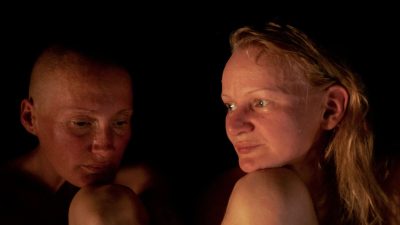
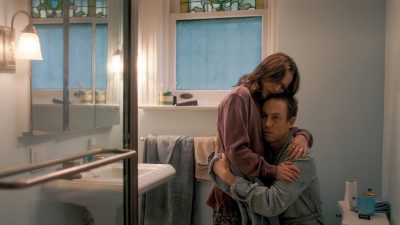
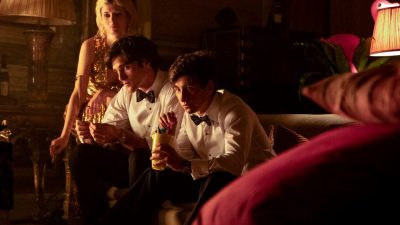
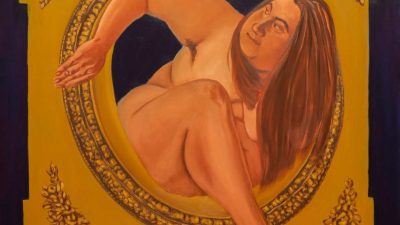
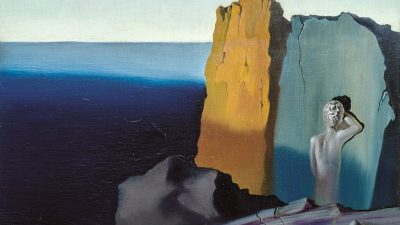



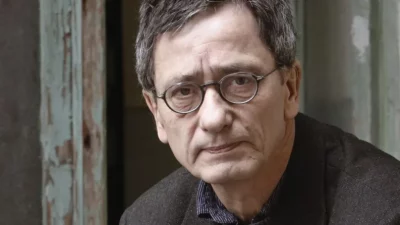



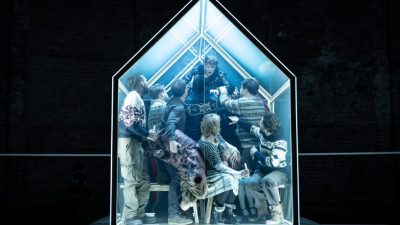
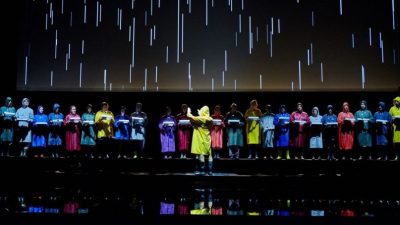


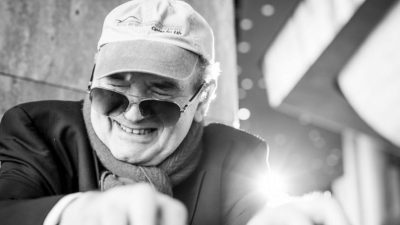


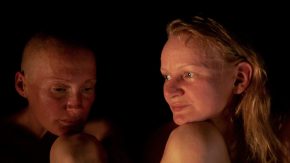
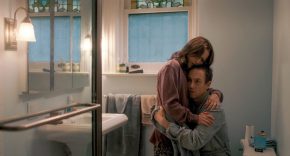
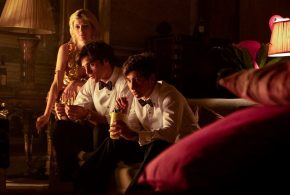
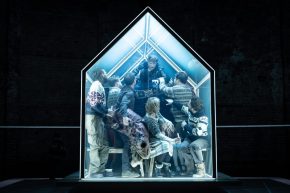

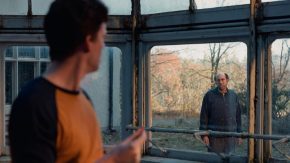
Comments